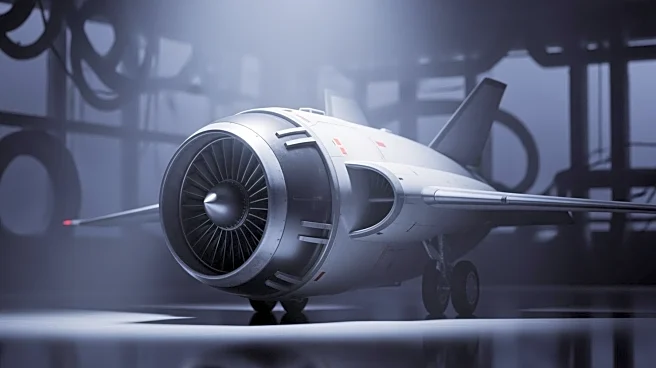What's Happening?
China's C919 jet, developed by state-owned COMAC, is experiencing production delays due to ongoing trade tensions between the US and China. The C919, intended to compete with Boeing's 737 and Airbus's
A320, relies heavily on Western components. Trade friction has disrupted the supply chain, particularly affecting the availability of critical parts like the LEAP-1C engines. Despite high domestic demand, the jet's international expansion is hindered by a lack of certification from US and EU aviation regulators.
Why It's Important?
The challenges faced by the C919 program highlight the complexities of global supply chains and the impact of geopolitical tensions on technological advancement. The situation underscores China's ambition to reduce reliance on foreign technology and become a major player in the global aviation market. However, the reliance on Western components exposes the program to political risks, affecting its ability to compete internationally. The outcome of this situation could influence future trade negotiations and the strategic direction of China's aviation industry.
What's Next?
COMAC may need to accelerate efforts to develop domestic alternatives to Western components to mitigate supply chain vulnerabilities. The company will also need to navigate the complex landscape of international certification to expand its market reach. The ongoing trade tensions may lead to further policy shifts, affecting the global aviation industry and the competitive dynamics between major aircraft manufacturers.











